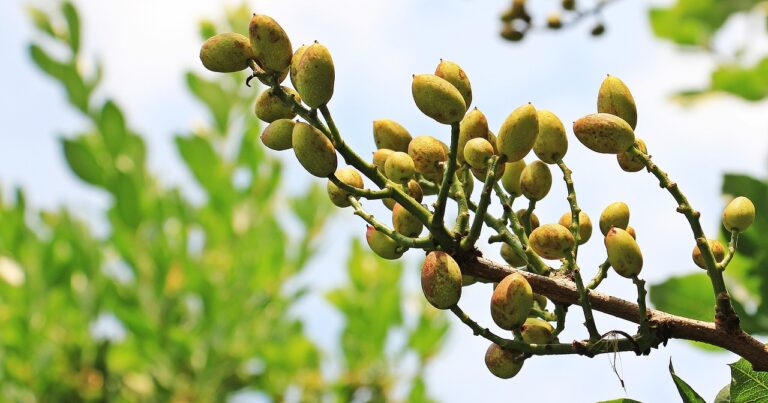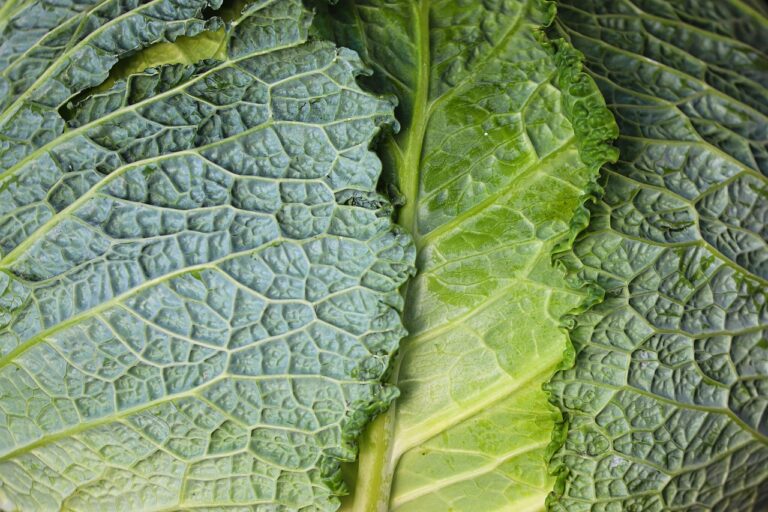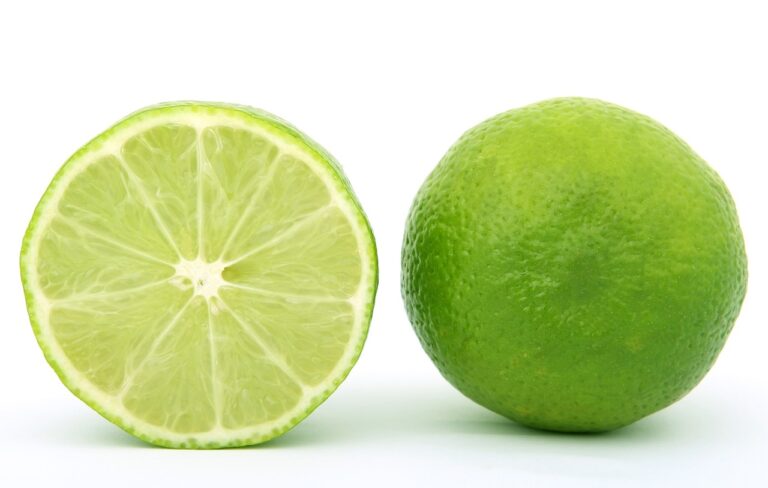Dairy Processing: Exploring Opportunities in Urban Farming Initiatives
11xplay sign up, king567 create account, skyinplay agent login:Dairy Processing: Exploring Opportunities in Urban Farming Initiatives
A growing trend in sustainable agriculture is the rise of urban farming initiatives. With an increasing focus on local food production and reducing the carbon footprint of agriculture, urban farming presents a unique opportunity to bring food production closer to the consumer. One area of urban farming that has seen significant growth in recent years is dairy processing. By establishing small-scale dairy processing facilities in urban areas, farmers have the opportunity to add value to their milk and dairy products while also creating a direct connection with consumers.
In this article, we will explore the opportunities and challenges of dairy processing in urban farming initiatives. We will discuss the benefits of processing dairy products locally, the steps involved in setting up a small-scale dairy processing facility, and the potential market opportunities for urban dairy products. Whether you are a farmer looking to diversify your product offerings or a consumer interested in supporting local agriculture, this article will provide valuable insights into the world of urban dairy processing.
The Benefits of Local Dairy Processing
One of the primary benefits of processing dairy products locally is the ability to add value to raw milk. By processing milk into products such as cheese, yogurt, and butter, farmers can command a higher price for their products and increase their overall profitability. Additionally, by processing dairy products on-site, farmers can maintain greater control over the quality and freshness of their products, ensuring that consumers receive the highest quality dairy products possible.
Another benefit of local dairy processing is the opportunity to create a direct connection with consumers. By selling dairy products directly to consumers at farmers markets, farm stands, and local grocery stores, farmers can educate consumers about their products and farming practices, building trust and loyalty among customers. This direct connection can also provide valuable feedback to farmers, allowing them to tailor their products to meet the specific needs and preferences of their customer base.
Setting Up a Small-Scale Dairy Processing Facility
If you are interested in setting up a small-scale dairy processing facility as part of an urban farming initiative, there are several steps you will need to take. First, you will need to secure the necessary permits and licenses to operate a dairy processing facility in your area. This may include obtaining a dairy processing license, zoning permits, and health department approvals.
Next, you will need to invest in the necessary equipment and infrastructure to process dairy products. This may include purchasing pasteurization equipment, cheese vats, yogurt makers, and packaging equipment. You will also need to ensure that your facility meets sanitary standards to ensure the safety and quality of your products.
Once you have the necessary permits and equipment in place, you can begin sourcing milk from local dairy farmers to process into dairy products. By partnering with local dairy farmers, you can support the growth of the local dairy industry while also ensuring a steady supply of high-quality milk for your products.
Market Opportunities for Urban Dairy Products
There are a variety of market opportunities for urban dairy products, ranging from farmers markets and farm stands to local grocery stores and restaurants. By marketing your dairy products as locally produced, artisanal products, you can attract a niche market of consumers who are willing to pay a premium for high-quality, sustainably produced dairy products.
In addition to selling products directly to consumers, you may also consider partnering with local food makers and chefs to incorporate your dairy products into their recipes. By building relationships with local food businesses, you can tap into new markets and expand the reach of your products beyond traditional retail outlets.
Overall, the market for urban dairy products is growing as consumers become more interested in supporting local agriculture and sustainable food production. By positioning your dairy products as high-quality, locally produced items, you can capitalize on this trend and build a successful business in the world of urban farming.
FAQs
Q: What types of dairy products can be processed in a small-scale dairy processing facility?
A: Small-scale dairy processing facilities can produce a variety of dairy products, including cheese, yogurt, butter, and ice cream.
Q: How can I ensure the quality and safety of my dairy products?
A: To ensure the quality and safety of your dairy products, it is important to follow good manufacturing practices, maintain sanitary standards, and regularly test your products for bacteria and contaminants.
Q: Are there any funding opportunities available for setting up a small-scale dairy processing facility?
A: There are a variety of funding opportunities available for small-scale dairy processing facilities, including grants, loans, and government programs that support sustainable agriculture and local food production.
Q: How can I market my urban dairy products to consumers?
A: To market your urban dairy products to consumers, consider highlighting the local and artisanal nature of your products, participating in farmers markets and food fairs, and building relationships with local food businesses and chefs.
In conclusion, dairy processing in urban farming initiatives presents a unique opportunity for farmers to add value to their products, establish a direct connection with consumers, and contribute to the growth of the local food economy. By setting up a small-scale dairy processing facility, farmers can tap into new markets, diversify their product offerings, and build a sustainable business in the world of urban agriculture. Whether you are a farmer looking to expand your operation or a consumer interested in supporting local agriculture, the world of urban dairy processing has something to offer for everyone.







